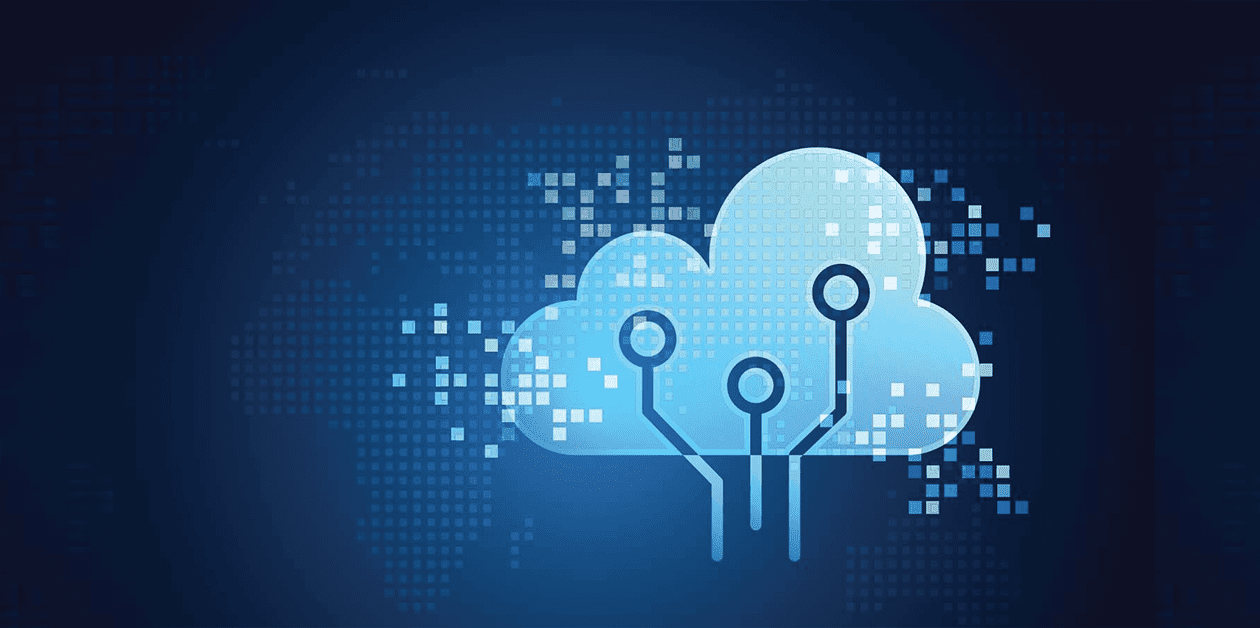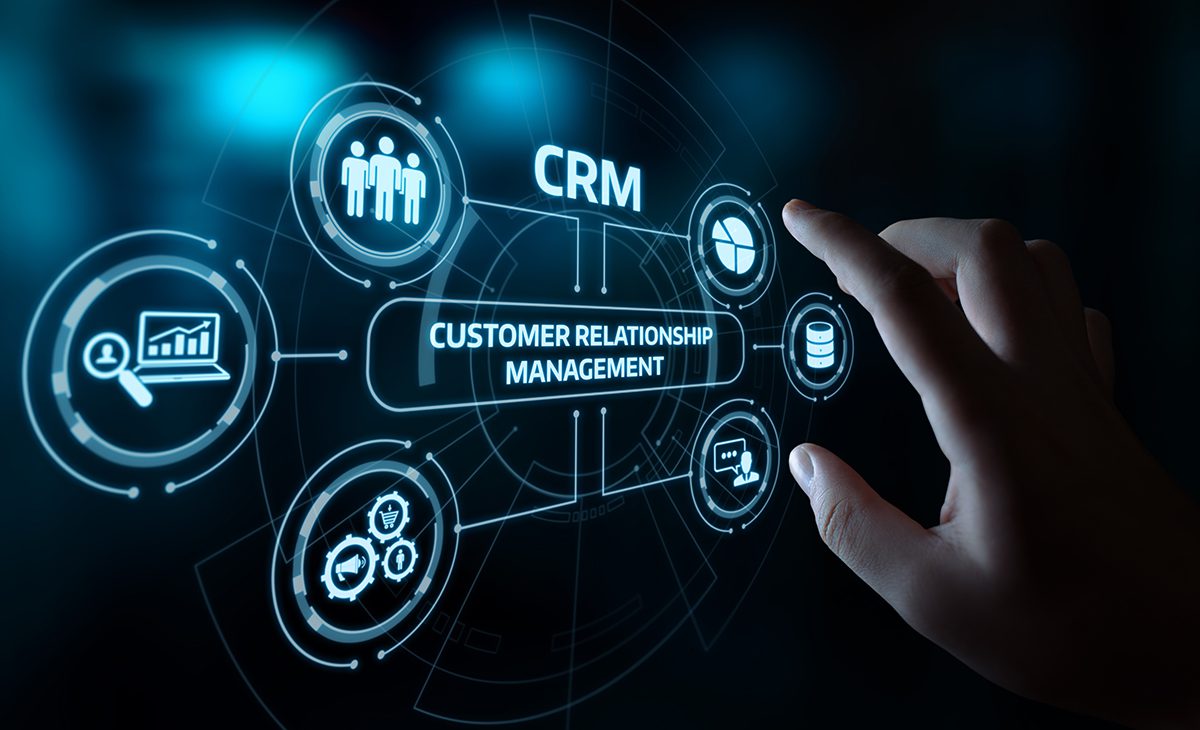Share
Read also
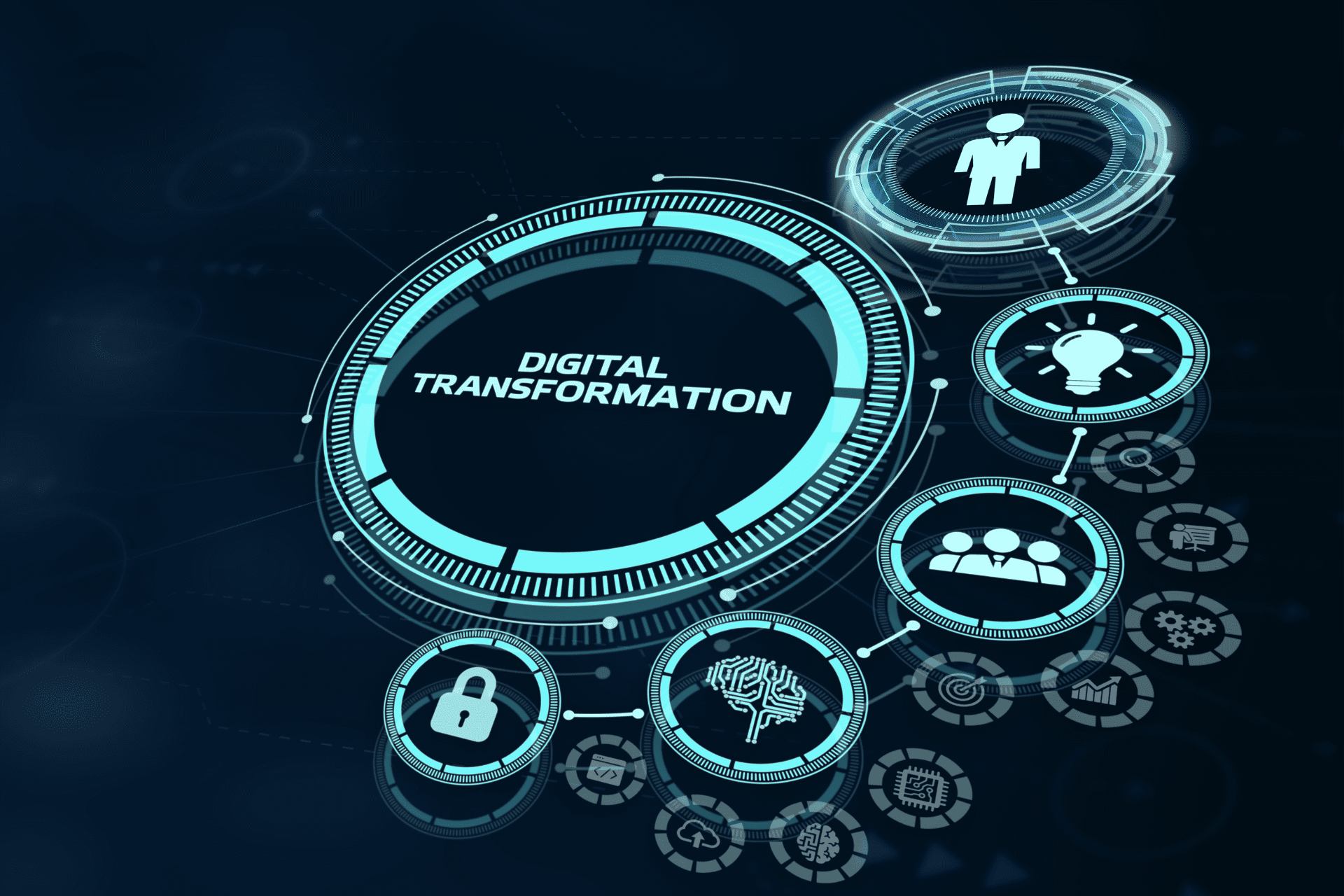
Trends & Views
Digital transformation strategies
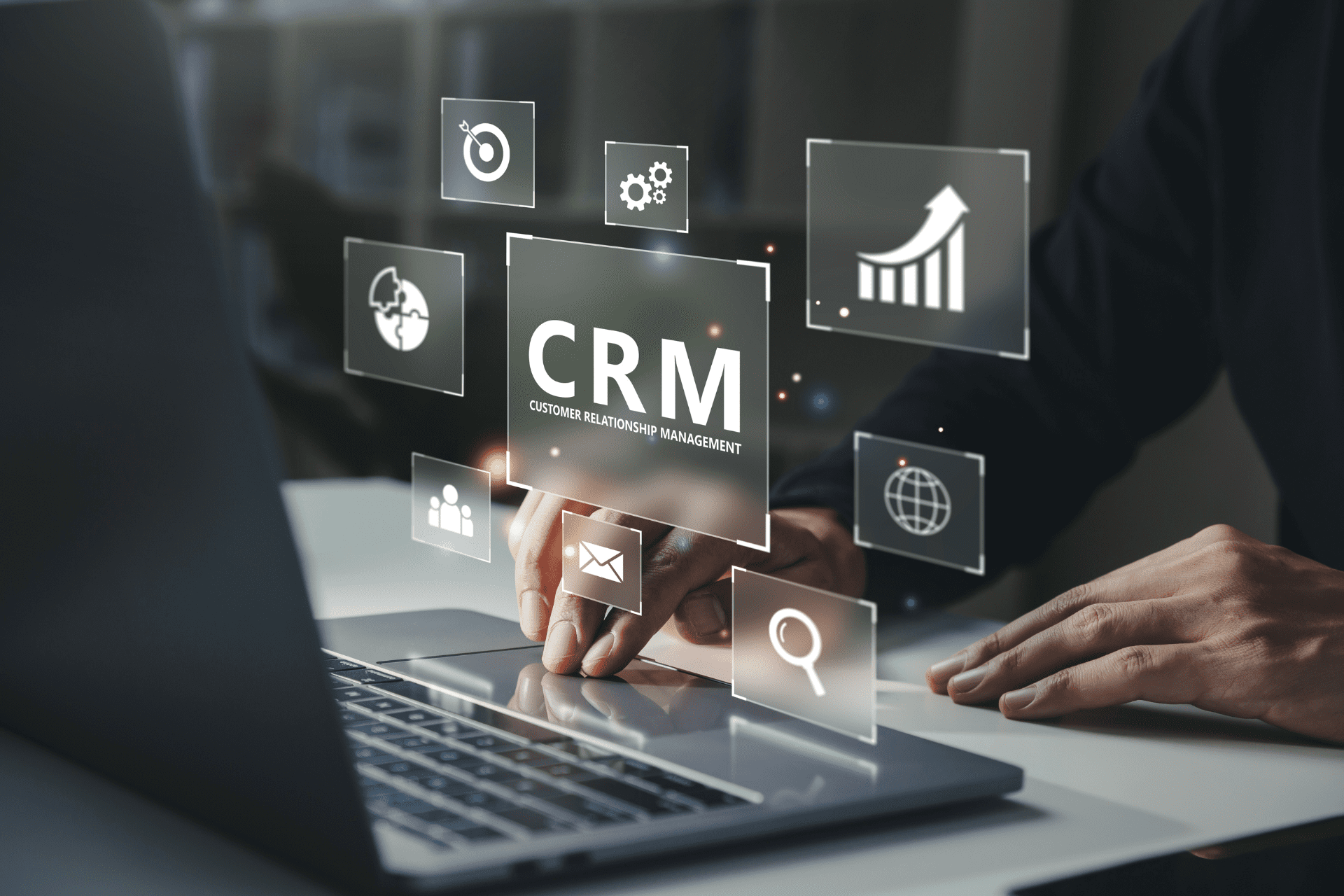
Business Software
CRM 2025 market: Response to increasing customer demands
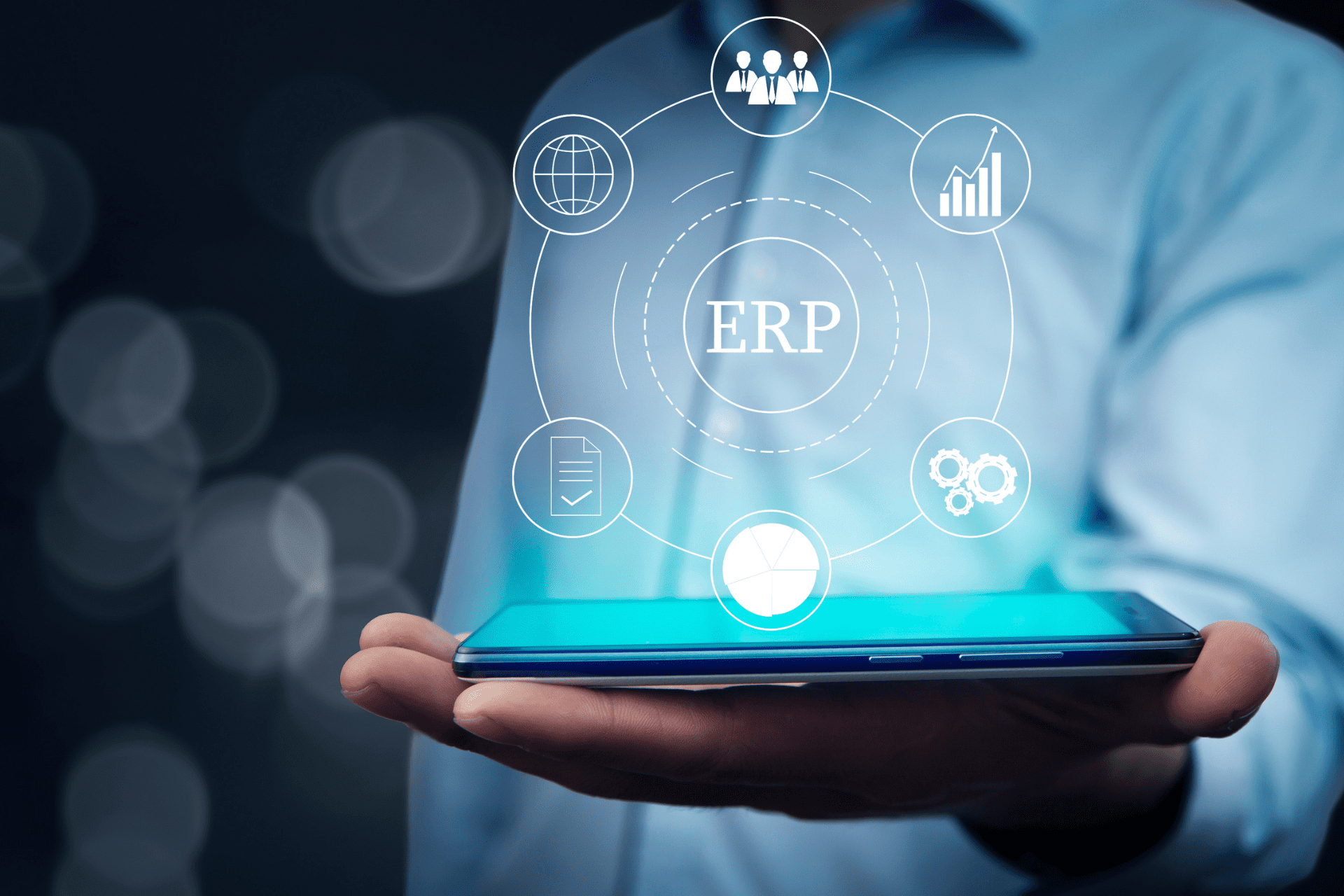
Business Software
Understanding the ERP lifecycle management

Mobility
How is EM shaping the way SMBs operate?
New technologies have made today’s ERP solutions fully efficient and reliable compared to legacy systems. As early as 2020, analysts such as Gartner, predicted the continuous evolution of ERP that would offer new and impressive business transformation opportunities, and improve efficiency and profitability by leaps and bounds.
The past year (but also 2021, so far) has been a major challenge for manufacturers, supply chain and distribution businesses. The word “disruption” rightly prevailed. Businesses with on-premise legacy systems found themselves in the difficult position to make rapid changes due to the pandemic and did not do so effectively, as their employees had to work remotely.
On the other hand, those already equipped with a cloud ERP system, had the flexibility to cope more effectively with the disruption caused by Covid-19. Cloud-based systems allowed employees to work from anywhere, having secure access to the systems they needed. Some manufacturers were even forced to completely change their production line, even temporarily. This was made possible by cloud ERP which can be configured to cope with these changes, without needing a developer to spend hours or days developing systems and processes.
But it should not take a pandemic for modern businesses to understand that legacy systems cannot respond to rapid changes in technology, business operations, or customer needs. Those that still have outdated systems find themselves left behind, as customization and upgrades are time-consuming and expensive.
Modern ERP systems though, offer increased flexibility and easy configuration. Cloud ERP, combined with new features, gives users greater control so that they can make the necessary changes and personalize the solution. This means less workload for the IT department in terms of maintenance, upgrades and other tasks that distract businesses from devoting their valuable time and resources to solving urgent problems.
So, when the time comes to consider replacing your legacy system, it would be wise to ask certain questions: What are my business and operational requirements? Are there any integration issues? What about TCO and ROI? Is the provider reliable and able to offer the right solution? Having answered these questions, you will have a cloud ERP system that will lead you to the future.
